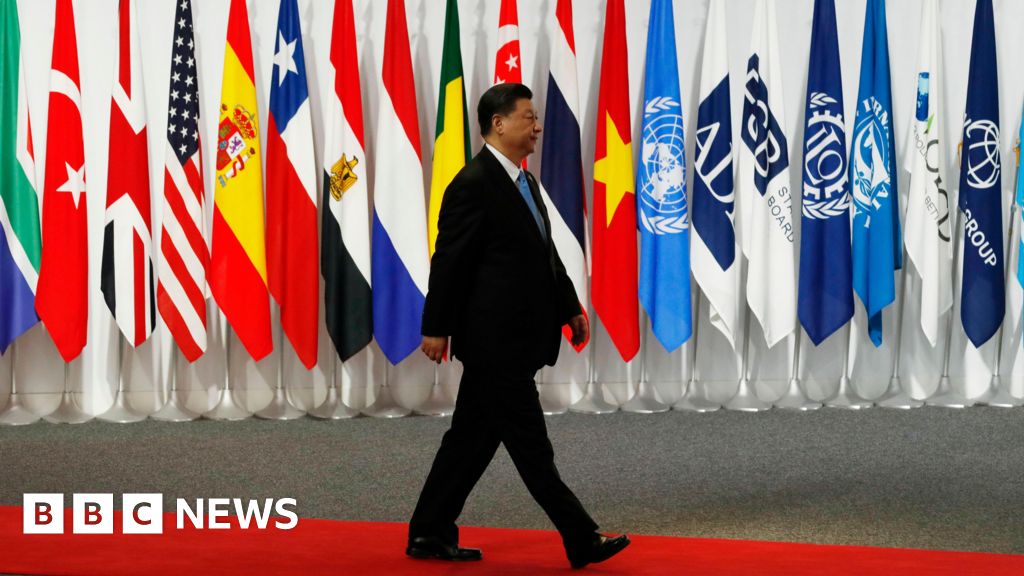North Korean leader Kim Jong Un attending a military parade in the center of Beijing, alongside Russian president Vladimir Putin and China's leader Xi Jinping, is quite the photo-op.
It's also a key diplomatic win for Xi. The Chinese leader has been trying hard to project Beijing's power on the international stage - not just as the world's second-largest economy, but also as a diplomatic heavyweight.
He has emphasized China's role as a stable trading partner while Trump's tariffs upended economic relationships. Now, while a deal with Putin to end the war in Ukraine continues to elude the US President, Xi is getting ready to host him in Beijing.
Kim's attendance, a surprise announcement, is no less significant. Trump said last week, in a meeting with the South Korean president, that he wanted to meet Kim Jong Un again. His last shot at diplomacy with the reclusive dictator ended with no breakthroughs - despite two summits that captivated the world. Trump is suggesting he wants to try again.
Meanwhile, the Chinese leader is signaling that he may hold the geopolitical cards in this game, and that his influence—from China’s perspective, though limited—on both Kim and Putin may prove crucial in any deal.
The parade on 3 September will see a display of China's military might to mark 80 years since Japan surrendered in World War Two, marking the end of its occupation of parts of China.
But now Xi has also turned it into a display of something more - and the timing is key. The White House has suggested that President Trump could be in the region at the end of October and is open to meeting Xi.
Having met both Kim and Putin, the Chinese leader would be able to sit down with Trump without feeling like he has been left out of the loop – and given his close relationship with both leaders, he might even have information his US counterpart does not.
This developing relationship suggests that, while Xi projects stability and power, he might also be shifting the balance in global diplomacy, with implications stretching beyond the immediate parties involved.
In summary, the invitation to Beijing is more than just an attendance at a military parade; it's yet another chess move in the complex geopolitical landscape Xi is maneuvering through.





















